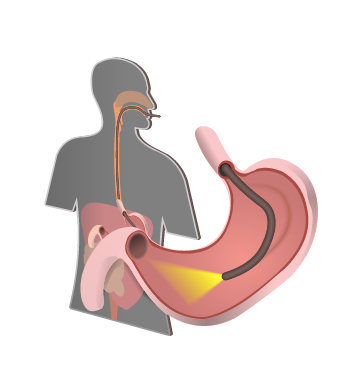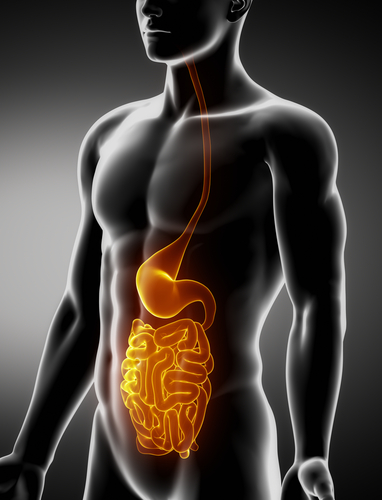Treating Gastroesophageal Reflux Disease in Infancy
Previously, we began exploring the basics of GERD in Infancy. Gastroesophageal Reflux Disease (GERD) is one of the most common problems in infants, and symptoms may be as simple as frequent spitting up or as complicated as regurgitating frequently, weight loss,
Gastroesophageal Reflux Disease in Infancy
Gastroesophageal Reflux Disease (GERD) is one of the most common problems in infants, and symptoms may be as simple as frequent spitting up or as complicated as regurgitating frequently, weight loss, bloody spit–up, significant pain, and breathing problems that can further complicate reflux.
Nutrition As Primary Therapy For Crohn’s Disease
Until fairly recently, Crohn's Disease was primarily treated with medications. An experiment in Europe, however, revealed that long-term treatment via polymeric formulas, such as Ensure, PediaSure and similar brands of meal-replacement, nutritional drinks, has proven to be very effective in treating Crohn's Disease.
Crohn’s Disease in Pediatric Patients
Crohn's Disease is an inflammatory disease that affects 1.4 million Americans, approximately 20% of which are pediatric patients. This disease is a problem that can affect any part of the digestive tract. Explained simply, this is an inappropriate inflammatory process. For example, when a patient has an infection, it's appropriate to exhibit inflammation, as the purpose of inflammation is to kill bacteria.
Diagnosing Eosinophilic Esophagitis
For as much trouble as the symptoms of Eosinophilic Esophagitis cause, it only takes a quick, 10 minute procedure to diagnose. An upper intestinal endoscopy provides visual findings, as well as specimen to examine under a microscope, looking specifically at eosinophilic inflammatory cells.
Eosinophilic Esophagitis In Pediatric Patients
Eosinophilic Esophagitis is more than a mouth-ful of words, it's a mouthful of food—and not in a good way! Eosinophilic Esophagitis can be a very complicated affliction, as it often goes undiagnosed until painful and dangerous symptoms present themselves.
Examining Pediatric Peanut Allergies, Sensitivity, and Exposure
Not all peanut-sensitized children develop allergic reactions on exposure. Food allergy diagnostics can be perplexing. Consider the teenager who experiences nausea and stomach cramps after eating peanuts. Whole extract specific IgE (s-IgE) testing for peanut demonstrates relatively low sensitization to peanut (1.2kUA/L), although her clinical history links peanut ingestion to symptoms.
Top Questions About Celiac Disease, Gluten Sensitivity, and Wheat Allergies
Last week, we reviewed a recent hot topic in the world of family and pediatric medicine — Discussing Gluten Sensitivity. This week, we will be addressing some of the top-asked questions regarding Celiac Disease, Gluten Sensitivity, and Wheat Allergies. In
Discussing Gluten Sensitivity
Last week, we reviewed a recent hot topic in the world of family and pediatric medicine — Celiac Disease in Pediatric Patients. This week, we will be discussing Gluten Sensitivity in terms of symptoms, diagnosis, and treatment.
Celiac Disease In Pediatric Patients
We see it in all the ages of the pediatric population from toddlers to grade school kids, as well as in teenagers, presented in a variety of ways, often as a result of a recent screening test, prompted by the detection of Celiac in a family member.
Eosinophilic Esophagitis (EoE Disease) in Children
Sharing many symptoms with the more commonly known GERD, Eosinophilic esophagitis (EoE) has only recently been identified as a disease. Fortunately, many new options are emerging to treat and manage EoE. What Is Eosinophilic Esophagitis? Eosinophilic esophagitis (EoE) is an inflammatory condition in which the wall of the esophagus becomes filled with large numbers of white blood cells called eosinophils.
Crohn’s Disease
Crohn's disease is a disease of the bowel that is closely related to ulcerative colitis. The two are grouped in a category called inflammatory bowel disease (IBD), because they both involve the inflammation of the digestive tract. The major symptoms












